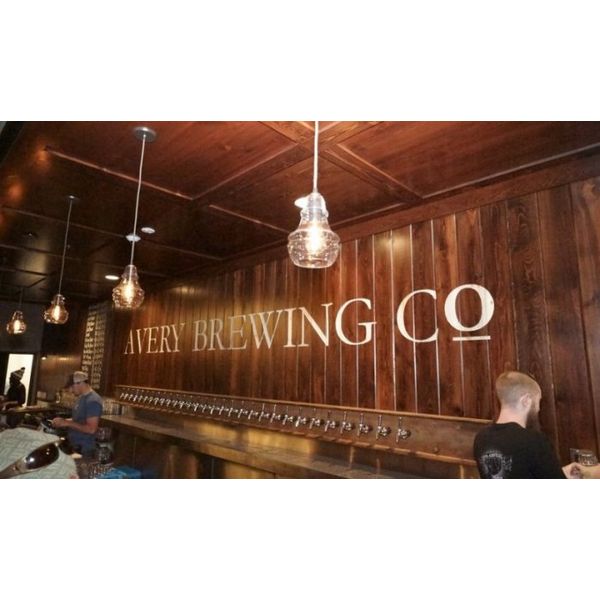

- Home
- Companies
- New Sky Energy
- News
- Craft Brewing & Winemaking
Craft Brewing & Winemaking
A major byproduct of the brewing process is CO2. CO2 is generated during the fermentation process and depending on the brewer the CO2 will be vented or captured for reuse within the brewing system. CO2 gas is also needed in the brewing process for bottling, flushing, carbonation, tank blankets and other uses. Capturing CO2 and reusing the gas will lower operating cost, reduce the risk to the product and provides the opportunity to improve energy efficiency within the brewery.
New Sky and Avery are working together to reduce brewery operating costs and dramatically reduce the direct and indirect GHG emissions of brewery operations. Using New Sky’s CarbonCycle technology, CO2 emissions from brewery operations will be recycled/reused into clean, concentrated CO2 for beer production plus the following valuable chemical co-products: (1) carbon-negative soda ash for beer bottle manufacturing, (2) tank cleaning chemicals for brewing operations. View the video and the article below for more details.
Conventional beer brewing generates significant direct and indirect CO2 emissions. A typical brewery generates 16 lb. of CO2 per barrel of beer. A large craft brewery produces millions of barrels of beer per year (see image below)
New Sky’s approach is a breakthrough application of New Sky’s patented CarbonCycle technology for transformation of nitrate, phosphate and sulfate salts into valuable acids, base, and carbonates. The key economic benefit of New Sky’s technology is co-production of valuable brewery industry chemicals like soda ash, nitric and phosphoric acid at dramatic cost savings relative to conventional chemical suppliers. The value created by the chemical production provides a further reduction of operating costs (beyond CO2 reuse) sufficient to fund usage of renewable energy and to provide rapid payback of the modest invested capital. At the core of New Sky’s technology is a Carbon Cycle reactor that splits sodium nitrate, a common salt, into nitric acid and sodium hydroxide. The sodium hydroxide is then used to capture and convert CO2 into soda ash, which is used by regional glass companies to manufacture beer bottles. Conventionally manufactured soda ash is an energy intensive, CO2 polluting chemical; New Sky soda ash is actually carbon negative.
New Sky’s CarbonCycle Process reduces direct and indirect CO2 emissions at brewery and winery operations by capturing and converting CO2 into soda ash, which is used to manufacture beer and wine bottles. The New Sky process also generates purified CO2, acids and caustic used elsewhere in brewery operations (see image above).
Above is a real GHG emissions analysis for a for Avery Brewing, New Sky project partner in Boulder, Colorado. New Sky technology will reduce combined direct and indirect CO2 emissions of over 9,000 pounds/day for conventional craft beer production to just 630 lb. of CO2 per day. Conventional beer production includes significant direct emissions along with indirect emissions from manufacturing soda ash, beer bottles and cleaning chemicals used in brewery operations. New Sky captures and converts CO2 into soda ash and purified CO2 for bottling and brewery operations, while simultaneously producing the acidic and basic cleaning chemicals used in craft brewing.

